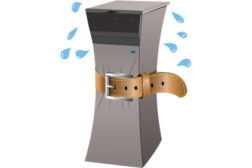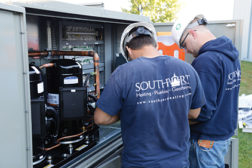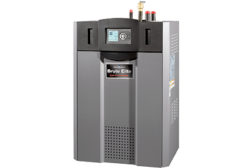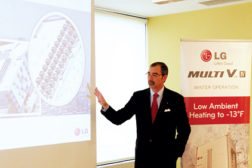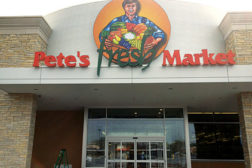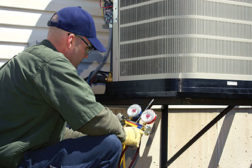Energy Management Features
Global Interest in Energy Efficiency Up 116 Percent Since 2010
Read More
DOE Establishes HVAC Furnace Fan Testing Standards
Regulating Components Places Undue Burden on HVAC Industry, Leaders Say
Read More
Court Adopts Regional Standards Schedule
Delay Means Lawsuit Could Stretch to Fall of 2014 and Beyond
Read More
Historic Hotel Palomar Creates History by Installing Water-Source Heat Pump
Efficiencies Contribute to LEED Designation
January 20, 2014
Green Technologies Produce an Even Fresher Pete’s Market
Air Curtains, Dehumidifiers, Condensing Boiler Contribute to Supermarket’s Efficiency
January 6, 2014
Performance Contract to Cut Energy Use by 30 Percent at Appalachian State
Energy Savings Measures Will Be Installed in 28 Buildings Encompassing over 1.6 Million Square Feet
December 23, 2013
Copyright ©2024. All Rights Reserved BNP Media.
Design, CMS, Hosting & Web Development :: ePublishing
